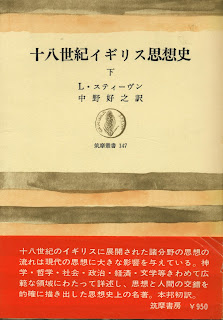バーク『フランス革命の省察』(79)困難から逃げた革命
In the system itself, taken as the scheme of a republic constructed for procuring the prosperity and security of the citizen, and for promoting the strength and grandeur of the state, I confess myself unable to find out anything which displays, in a single instance, the work of a comprehensive and disposing mind, or even the provisions of a vulgar prudence. Their purpose everywhere seems to have been to evade and slip aside from difficulty. This it has been the glory of the great masters in all the arts to confront, and to overcome, —and when they had overcome the first difficulty, to turn it into an instrument for new conquests over new difficulties: thus to enable them to extend the empire of their science, and even to push forward, beyond the reach of their original thoughts, the landmarks of the human understanding itself. (国民の繁栄と安全を手に入れ、国家を強く、壮大なものとするために構築された共和国の計画として捉えられるこの制度自体には、包括的で折り合う精神の働きや、一般的な慎慮の規定を示すものは、一例たりとも見出せないというのが正直なところです。彼らの目的はどこでも、困難を回避し、脇をすり抜けることにあったように思われます。この困...

